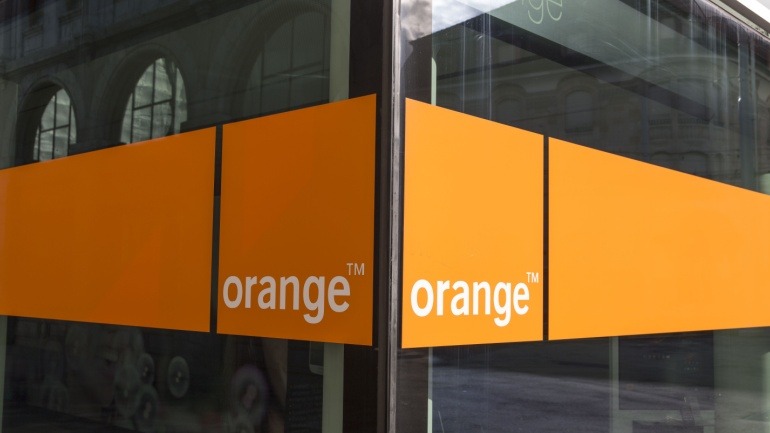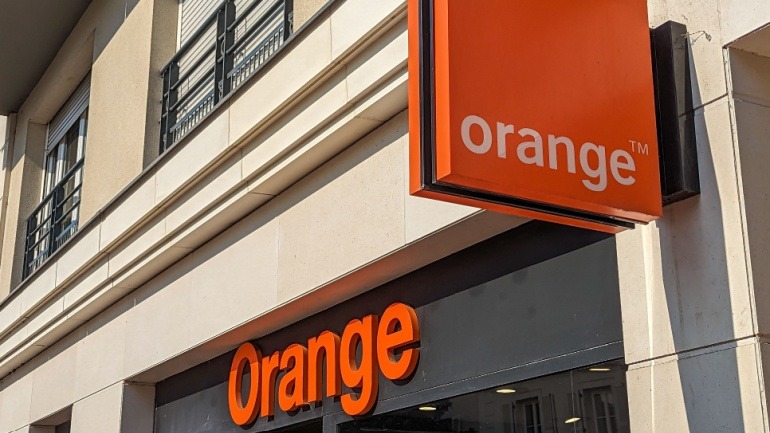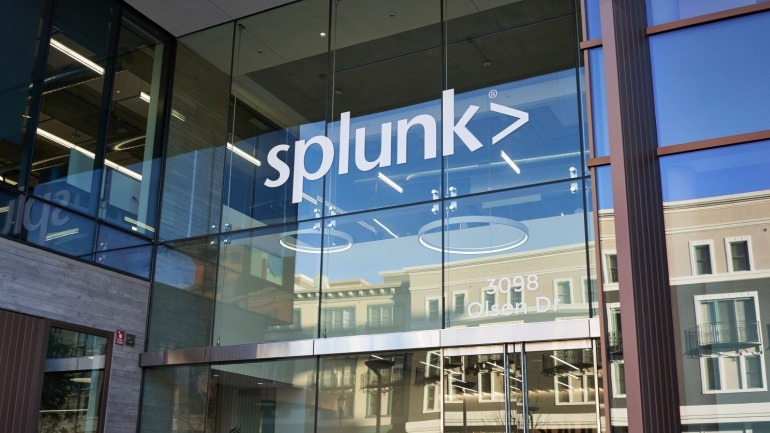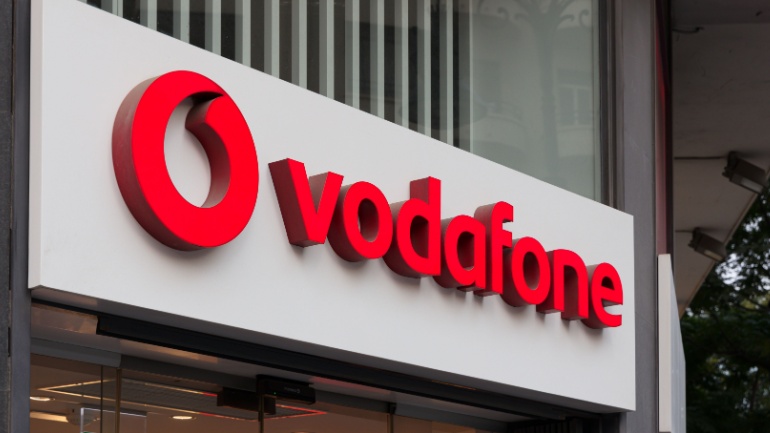Orange is integrating multilingual AI into its Maxit super app, enhancing voice interactions in African languages like Wolof. This technological push, showcased at the Orange OpenTech event, aims to democratize digital access across Africa and the Middle East. Collaborations with OpenAI, Meta, and Nvidia support this innovative transformation in VOIP solutions.
The Radio Access Network market continues to thrive in 2025, with key players like Huawei, Ericsson, Nokia, ZTE, and Samsung steering the industry forward. The RAN sector is evolving through artificial intelligence and cloud-native technologies, especially in Asia-Pacific. Stay updated with the latest trends and insights in VoIP solutions.
Deutsche Telekom has unveiled its AI-powered RAN Guardian Agent, created with Google Cloud, to revolutionize network management. This tool enhances efficiency by autonomously monitoring performance and suggesting optimizations. By leveraging AI, Deutsche Telekom aims to solve network issues swiftly, promising improved service and representing a leap in VOIP network management.
Explore the dynamic evolution within the Orange ecosystem, particularly the strategic shifts involving MásOrange ownership and Altice France. As key players redefine telecommunications through advanced technologies like 5G and open RAN, the focus remains on market resilience. Stay updated as pivotal regions like France shape future VoIP innovations.
Telecommunications giants face a pressing challenge: enhancing the customer experience amidst expansive investments in 5G and IoE. Traditional, reactive frameworks fall short, often missing preemptive opportunities. By embracing cognitive edge architecture, providers can transform how VoIP platforms handle IoE signals, leading to predictive, seamless interactions that boost satisfaction.
The Splunk State of Observability 2025 report unveils how observability transforms modern businesses. Conducted by Cisco, the extensive survey underscored observability’s strategic role in enhancing customer experience and productivity, guiding key decisions. With 74% of IT professionals affirming its impact, observability is pivotal for improved interactions, revenue growth, and innovation.
In today’s unpredictable geopolitical landscape, Orange Wholesale’s CEO, Michaël Trabbia, highlights the vital role of network asset ownership and software-isation in bolstering network resilience. By owning their infrastructure, telecommunication companies like Orange gain strategic independence and defense against disruptions. Transitioning to software-based environments enhances flexibility, empowering operators to deploy services swiftly and adapt.
As 5G networks expand, they face challenges related to energy efficiency and carbon emissions. By 2030, unchecked power consumption could represent a significant concern. Recent innovations in O-RAN energy efficiency reveal potential solutions. Collaborations have focused on reducing idle power and optimizing power amplifiers, emphasizing a greener approach for VoIP efficiency.
Vodafone’s RAN overhaul, leveraging advanced VoIP technologies for 5G services, marks a pivotal shift. By integrating carrier aggregation, AI, and Open RAN, Vodafone aims to enhance network efficiency. Vendors like Ericsson play key roles, highlighting Vodafone’s balanced strategy in the competitive telecommunications market. This digital innovation promises enhanced connectivity.
Broadcom’s new Jericho4 networking chip promises faster, more secure data transfers across vast distances, boosting AI workload efficiency. With high bandwidth memory, advanced encryption, and innovative HyperPort technology, it reduces congestion, improves utilization, and enables large-scale distributed AI systems.













